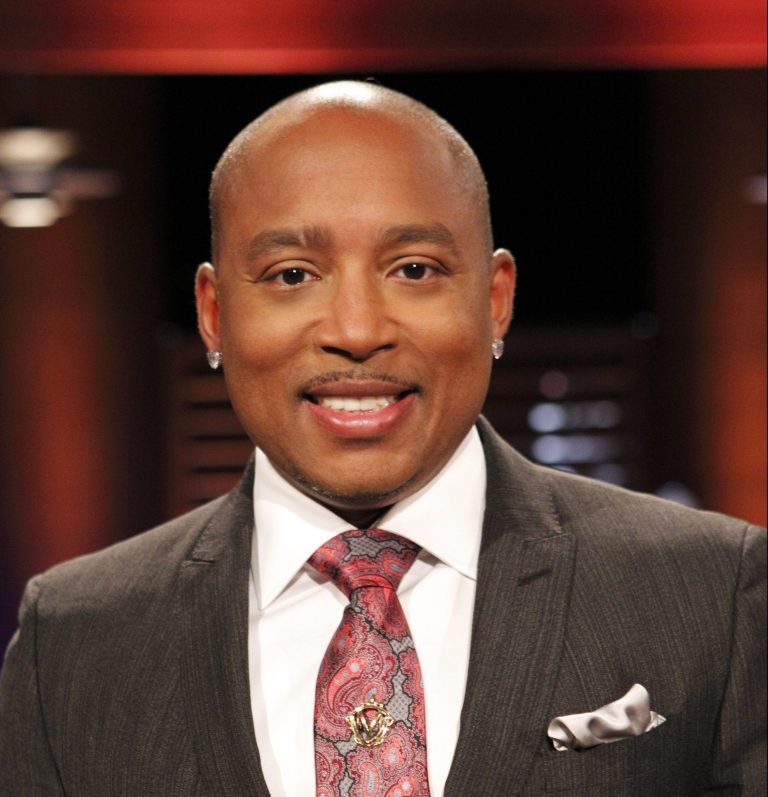How Many Deals Has Each Shark Made in Season 1 to Season 10?
How Many Deals Has Each Shark Made in Season 1 to Season 10? Shark Tank Scorecard: Deals Made by Each Shark Between 2009 and 2019, there were 895 Shark Tank pitches (season 1 to season 10) and a big 56% of contestants made a deal on the show. Mark Cuban leads with 151 deals and…
How Many Deals Has Each Shark Made in Season 1 to Season 10?
Shark Tank Scorecard: Deals Made by Each Shark
Between 2009 and 2019, there were 895 Shark Tank pitches (season 1 to season 10) and a big 56% of contestants made a deal on the show. Mark Cuban leads with 151 deals and $33.6 million invested over 10 seasons. Lori Greiner is second with 119 deals, making Cuban and Greiner responsible for 54% of all deals.
The average deal on Shark Tank is $286,000 for 27% equity. This is less than what contestants asked for, which was $301,000 for 13% equity and a $3.6 million valuation. This shows how the sharks invest and how entrepreneurs negotiate.
How Many Deals Has Each Shark Made (Shark Tank)
Shark Tank has become a hit TV show, known for its exciting deals and investments. Over the years, the “sharks” have developed their own ways of investing. Let’s explore how many deals each shark has made on the show.
Mark Cuban’s Shark Tank Investments
Mark Cuban is the top deal-maker on Shark Tank. He has made 151 deals, investing $33.6 million in startups and small businesses. With a net worth of $4.5 billion, his investments are just a small part of his wealth. Lori Greiner, the second most active shark, has invested almost a quarter of her $100 million net worth.
Cuban’s success comes from his background as the Dallas Mavericks owner and a tech entrepreneur. His network, knowledge, and risk-taking skills help him spot and invest in promising ventures.
| Shark | Number of Deals Made | Total Investment Amount |
| Mark Cuban | 151 | $33.6 million |
| Lori Greiner | 119 | $25 million |
| Barbara Corcoran | 90 | $21.5 million |
| Kevin O’Leary | 78 | $8.2 million |
| Daymond John | 71 | $8.7 million |
| Robert Herjavec | 67 | $12.5 million |
The table shows the number of deals and total investment amounts for each shark. It highlights their impressive portfolios from the show.
Sharks’ Investment Patterns and Strategies
The sharks on Shark Tank are known for their varied backgrounds and expertise. This diversity influences their investment choices and strategies. Each shark looks for opportunities that match their unique skills and strengths.
Daymond John, the creator of FUBU, focuses on fashion and apparel companies. Lori Greiner, known as the “Queen of QVC,” excels at spotting quick-selling home goods. Kevin O’Leary, a former software executive, leans towards tech businesses. Their investment choices show their deep knowledge of their fields and their knack for finding great opportunities.
The sharks’ record on investing in female-led companies is interesting. Barbara Corcoran and Lori Greiner often support a wide range of entrepreneurs. On the other hand, O’Leary and Robert Herjavec invest less in women-owned businesses.
| Shark | Preferred Investment Sectors | Percentage of Investments in Female-Led Companies |
| Daymond John | Fashion and Apparel | 35% |
| Lori Greiner | Home Goods | 45% |
| Kevin O’Leary | Tech-Related Businesses | 25% |
| Barbara Corcoran | Diverse Portfolio | 50% |
| Robert Herjavec | Cybersecurity and IT | 30% |
The investment choices of the sharks on Shark Tank mirror their unique strengths, experiences, and preferences. These choices shape the shark tank investments, investor deal counts, sharks’ portfolio, sharks’ equity stakes, pitches funded, entrepreneurs backed, and business proposals accepted.
Shark Tank Deal Success Rates
From seasons 8 to 13 of Shark Tank, about half of the deals made on the show didn’t work out. Another 15% changed terms after filming. Many entrepreneurs said they were on the show for fame, not just for money.
The process of checking things out after filming can be confusing and slow. This makes some entrepreneurs doubt if the sharks really wanted to invest. The sharks say that not having a written deal and some entrepreneurs just wanting fame are big reasons deals don’t go through.
Actually, about 50% of handshake deals don’t end up working out, and 15% change terms after filming. Many go on Shark Tank for the spotlight, not just for money. The process of checking things out after filming can be confusing and slow, which also adds to the high failure rate of these deals.







